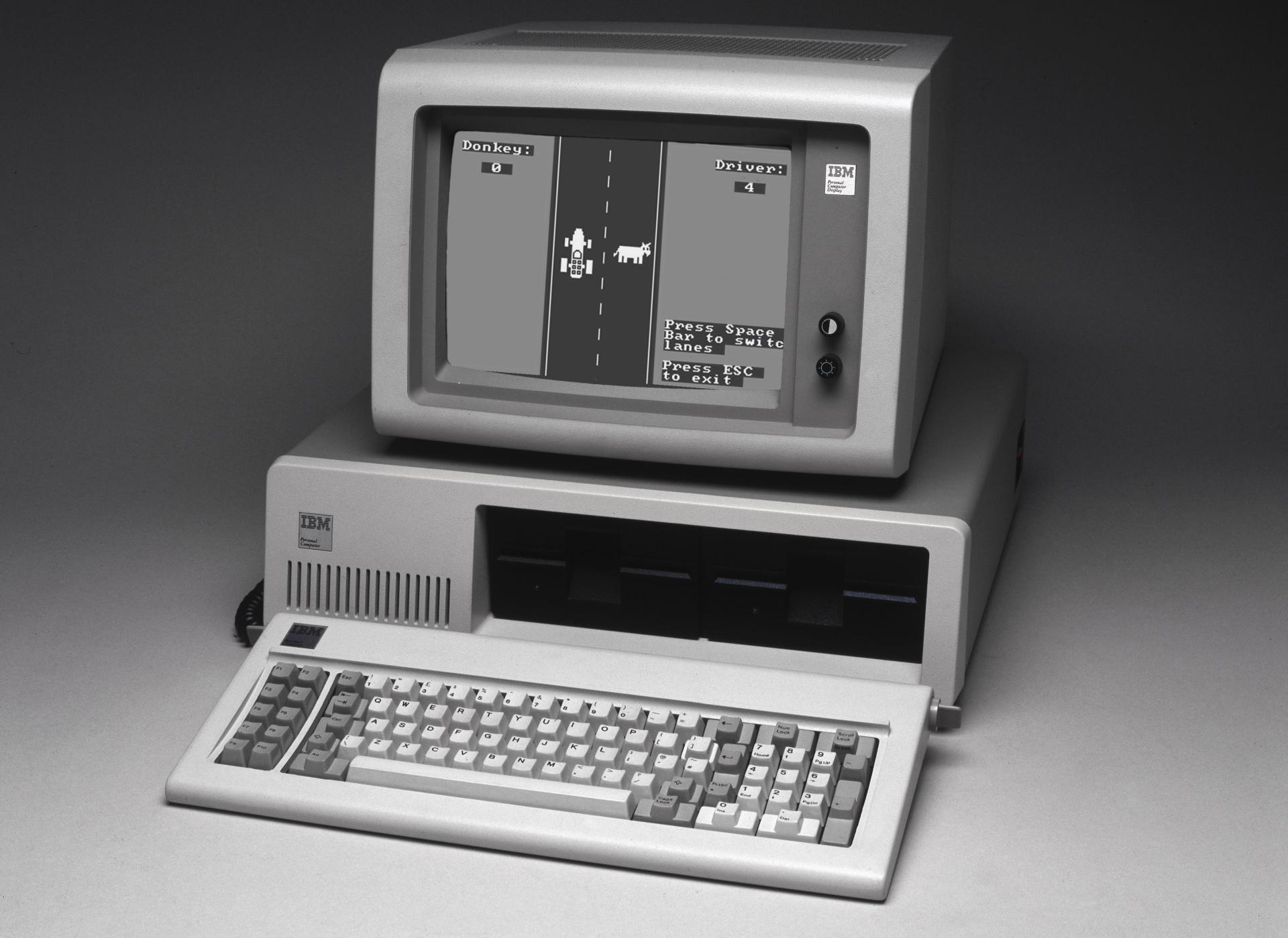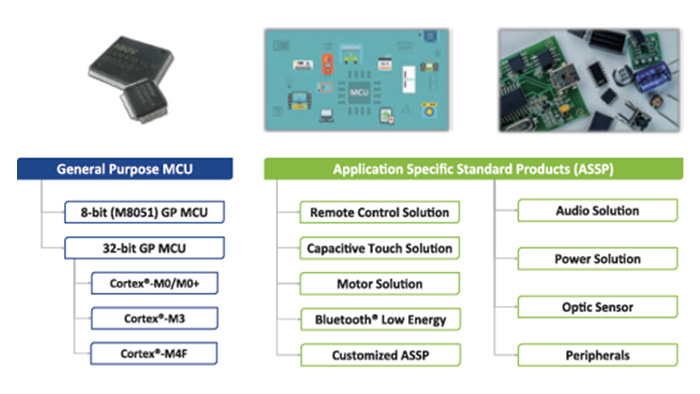Kyocera 'Support / Contact' page.This is for inquiries and customer support for consumers; corporate users can go here for inquiries, consultations or info about the company. Open the Driver app and navigate to Account, then select Vehicles Once you review and accept the delivery terms, you can begin receiving delivery requests. Kyoto University's forerunner was the Chemistry School (舎密局, Seimi-kyoku) founded in Osaka in 1869, which, despite its name, taught physics as well (舎密 is a transcription of a Dutch word chemie).Later, the Third Higher School (第三髙等學校, Daisan-kōtō-gakkō), was established in the place of Seimi-kyoku in 1886, it then transferred to the university's present main campus in. As a company specializing in debugger software and in-circuit emulators, Kyoto Microcomputer Co., Ltd. Has been engaged in the improvement of embedded development environments.
- Kyoto Microcomputer Driver Jobs
- Kyoto Microcomputer Driver Download
- Kyoto Microcomputer Driver Software
Launchpad Pro For Ableton Live
Launchpad Pro is the easiest way to take full control of Ableton Live. We created the first Launchpad in 2010 because we wanted intuitive access to Ableton live’s workflow. Fast-forward through several iterations; we have now distilled 5 years of expertise and community feedback into Launchpad Pro.
(Enjoy that? Drop it into your Ableton and have a play: download the project file. No Ableton? No problem. Remix Harry’s session live in your browser with Launchpad Intro)
Velocity and pressure sensitive pads allow realistic and expressive performances using soft synths, software instruments or external hardware.
Super bright RGB LED backlit pads accurately reflect the Ableton Live session for easynavigation without looking at the screen.
We have added the essential DAW control buttons: record, quantise, click and pattern editing can all be accessed from Launchpad.
Fader glide gives dynamic control over sends and levels using pad pressure,
firm hits give quick movement,
gentle taps create a slow fade.
small, portable and bus powered,
it is the Ableton Live controller you can have with you on the move
without compromising on the performance.

Launchpad Pro also has MIDI in and out for standalone use with your external synths - or should you use a different DAW for jamming with friends that haven’t yet realised how cool Ableton is. Yet.
Launchpad Pro is feature packed and constantly evolving. Due to the open-source nature of the firmware, there is a constant steady stream of developments from the community that push the boundaries of what Launchpad Pro is capable of - from standalone sequencers to video game inspired fun.
This article describes the Android logging system
- 3System and Application logging
- 6Logcat command
Overview
The Android system has a logging facility that allows system-wide logging of information, from applications and system components.This is separate from the Linux kernel's own logging system, which is accessed using 'dmesg' or '/proc/kmsg'. However, the logging system does store messages in kernel buffers.
The logging system consists of:
- a kernel driver and kernel buffers for storing log messages
- C, C++ and Java classes for making log entries and for accessing the log messages
- a standalone program for viewing log messages (logcat)
- ability to view and filter the log messages from the host machine (via eclipse or ddms)
There are four different log buffers in the Linux kernel, which provide logging for different parts of the system.Access to the different buffers is via device nodes in the file system, in /dev/log.
The four log buffers are:
- main - the main application log
- events - for system event information
- radio - for radio and phone-related information
- system - a log for low-level system messages and debugging
Up until 2010, only the first three logs existed. The system log was created to keep system messages in a separatebuffer (outside of '/dev/log/main') so that a single verbose application couldn't overrun system messagesand cause them to be lost.
Each message in the log consists of a tag indicating the part of the system or application that the message came from,a timestamp, the message log level (or priority of the event represented by the message) and the log message itself.
All of the log buffers except for 'event' use free-form text messages. The 'event' buffer is a 'binary' buffer,where the event messages (and event parameters) are stored in binary form. This form is more compact, but requiresextra processing when the event is read from the buffer, as well as a message lookup database, to decode the event strings.
The logging system automatically routes messages with specific tags into the radio buffer. Other messages are placedinto their respective buffers when the the log class or library for that buffer is used.
Kernel driver
The kernel driver for logging is called the 'logger'. See Android logger

System and Application logging
Application log
An Android application includes the android.util.Log class, and uses methods of this class to write messages of different priority into the log.
Java classes declare their tag statically as a string, which they pass to the log method. The log method used indicates the message 'severity' (or log level). Messages can be filtered by tag or priority when the logs are processed by retrieval tools (logcat).
Event log
Event logs messages are created using android.util.EventLog class, which create binary-formatted log messages. Log entries consist of binary tag codes, followed by binary parameters. The message tag codes are stored on the system at: /system/etc/event-log-tags. Each message has the string for the log message, as well as codes indicating the values associated with (stored with) that entry.
System log
Many classes in the Android framework utilize the system log to keep their messages separate from (possibly noisy) application log messages. These programs use the android.util.Slog class, with its associated messages.
In all cases, eventually a formatted message is delivered through the C/C++ library down to the kernel driver, which stores the message in the appropriate buffer.
'log' command line tool
There is a 'log' command line tool that can be used to create log entries fromany program. This is built into the 'toolbox' multi-function program.
The usage for this is:
Capturing stdout with logwrapper
It is sometimes useful to capture stdout from native applications into the log. There is a utility called'logwrapper' which can be used to run a program, and redirect it's stdout into log messages.
The logwrapper usage is:
Source for logwrapper is at: system/core/logwrapper/logwrapper.c
Logcat command
You can use the 'logcat' command to read the log. This command is located in /system/binin the local filesystem, or you can access the functionality using the 'adb logcat' command.
Documentation on the use of this command is at:http://developer.android.com/guide/developing/tools/adb.html
Some quick notes:
Kyoto Microcomputer Driver Jobs
- Log messages each have a tag and priority.
- You can filter the messages by tag and log level, with a different level per tag.
- You can specify (using a system property) that various programs emit their stdout or stderr to the log.
Kyoto Microcomputer Driver Download
Trick to couple Android logging to Linux kernel logging
Note that the android logging system is completely separate fromthe Linux kernel log system (which uses printk inside the kernelto save messages and dmesg to extract them). You can write tothe kernel log from user space by writing to /dev/kmsg.
I've seen a reference to couple the two together, to redirectandroid messages into the kernel log buffer, using the 'logcat'program launched from init, like below:
(See http://groups.google.com/group/android-kernel/browse_thread/thread/87d929863ce7c29e/f8b0da9ed6376b2f?pli=1)
I'm not sure why you'd want to do this (maybe to put all messages into a single stream? With the same timestamp, if kernel message timestamping is on?)
Resources
Kyoto Microcomputer Driver Software
- Android Debug Bridge reference page - has 'adb logcat' usage information
- Logging System Of Android Presentation by Tetsuyuki Kobayashi, September, 2010 at CELF's Japan Technical Jamboree 34